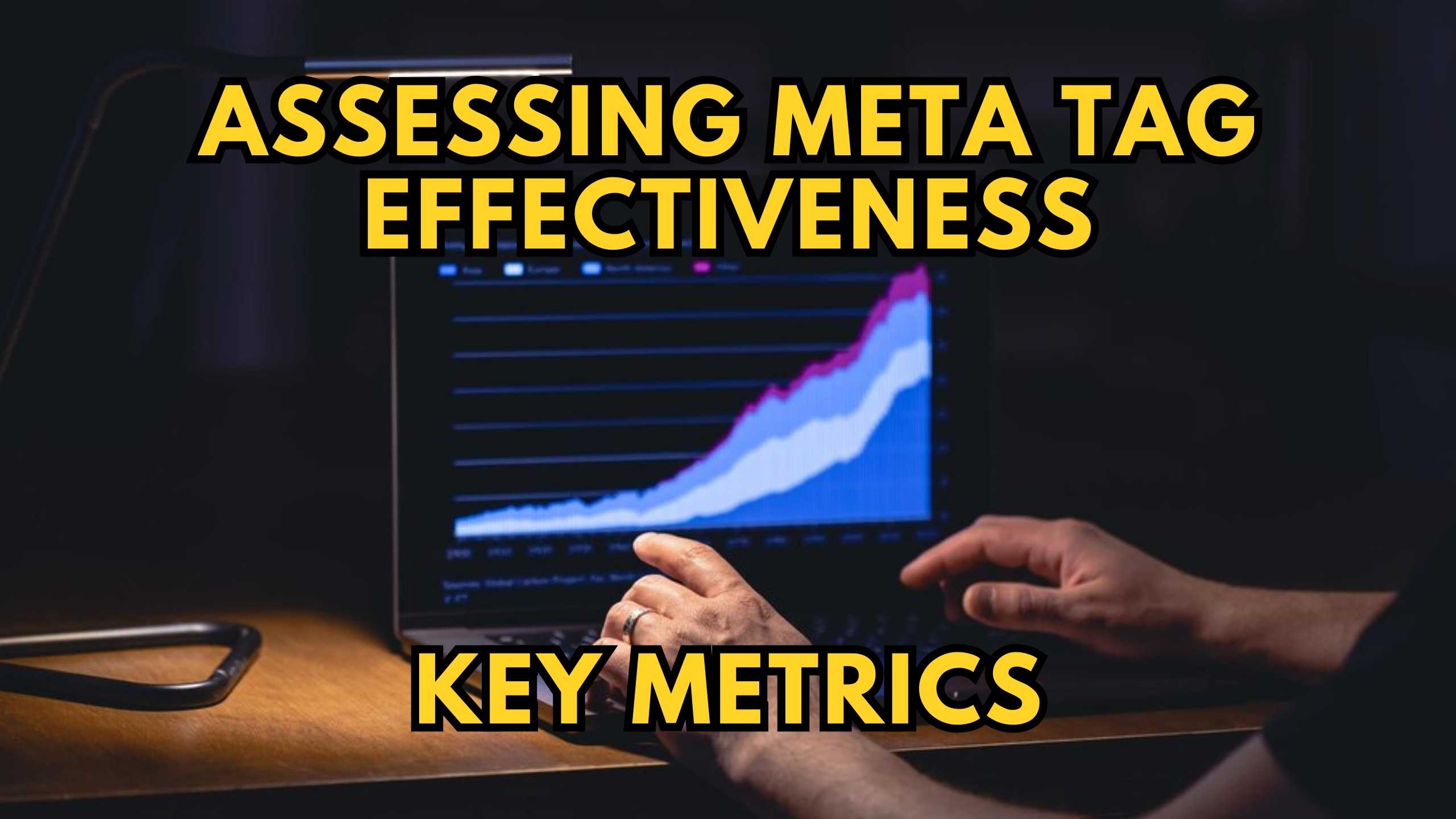Assessing Meta Tag Effectiveness: Key Metrics
- WebOps Platforms Bug Tracking & Feedback Software Web Development & Design


Assessing Meta Tag Effectiveness: Key Metrics
In the intricate world of SEO, understanding the effectiveness of your meta tags is paramount to a successful digital presence. This comprehensive guide will delve into the key metrics to assess the impact of your meta tags, ensuring your website performs optimally in search engine results. Additionally, we’ll introduce five relevant SaaS products designed to enhance your SEO efforts.
Decoding Meta Tag Metrics
1. Click-Through Rate (CTR): One of the primary indicators of meta tag effectiveness is the click-through rate. A higher CTR signifies that your meta tags are compelling users to click through and explore your content.
Example: If your meta tags emphasize unique selling points or offers, a higher CTR indicates that users find these aspects intriguing.
2. Bounce Rate: The bounce rate provides insights into the relevance of your content after users land on your page. A low bounce rate suggests that visitors find your content aligns with their expectations set by the meta tags.
Example: If your meta tags promise in-depth guides, a low bounce rate indicates users are engaging with the comprehensive content on your page.
3. Keyword Ranking: Monitoring keyword rankings associated with your meta tags is crucial. A rise in rankings indicates that your meta tags are effectively optimized for relevant keywords.
Example: If your meta tags highlight specific product features, a rise in keyword rankings for those features reflects successful optimization.
4. Dwell Time: Dwell time measures the duration users spend on your page. A longer dwell time often correlates with engaging and valuable content, suggesting positive meta tag alignment.
Example: If your meta tags hint at solving specific problems, a longer dwell time indicates users find your content addresses their needs.
5. Social Shares: Meta tags play a role in shaping how your content appears on social media. Monitoring social shares can indicate the appeal of your meta-tagged content beyond search engines.
Example: If your meta tags craft compelling snippets, higher social shares showcase content resonance beyond organic search.
Tools to Enhance Your SEO Journey
- SEMrush: SEMrush is an all-in-one SEO toolkit offering features like keyword research, site audit, and competitor analysis to elevate your SEO strategy.
- Yoast SEO: A WordPress plugin, Yoast SEO facilitates on-page optimization, ensuring your meta tags align seamlessly with your content.
- Ahrefs: Ahrefs is a comprehensive SEO tool providing insights into backlink profiles, keyword rankings, and site audit capabilities for robust SEO performance.
- Moz: Moz offers tools like Moz Pro for in-depth keyword research, rank tracking, and site audits, empowering you to refine your meta tag strategies.
- Google Search Console: Google’s Search Console provides valuable data on how your site appears in search results, aiding in monitoring and optimizing meta tag effectiveness.
Conclusion: Elevate Your Meta Tag Strategy
In conclusion, regularly assessing key metrics is essential for optimizing your meta tags and enhancing your website’s search engine performance. A strategic approach to meta tag refinement based on these metrics ensures your content resonates with your target audience.
Supercharge Your SEO with Subscribed.fyi!
Ready to revolutionize your SEO strategy? Subscribed.fyi offers an all-in-one solution for managing your SaaS stack, helping you unlock exclusive deals and streamline your subscription management. Sign up for free and discover the secret to elevating your meta tag effectiveness while saving big on essential tools!
Relevant Links:





